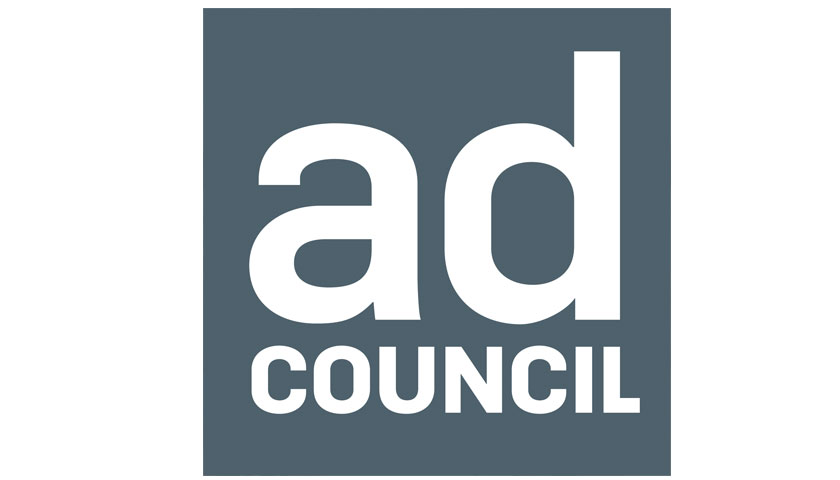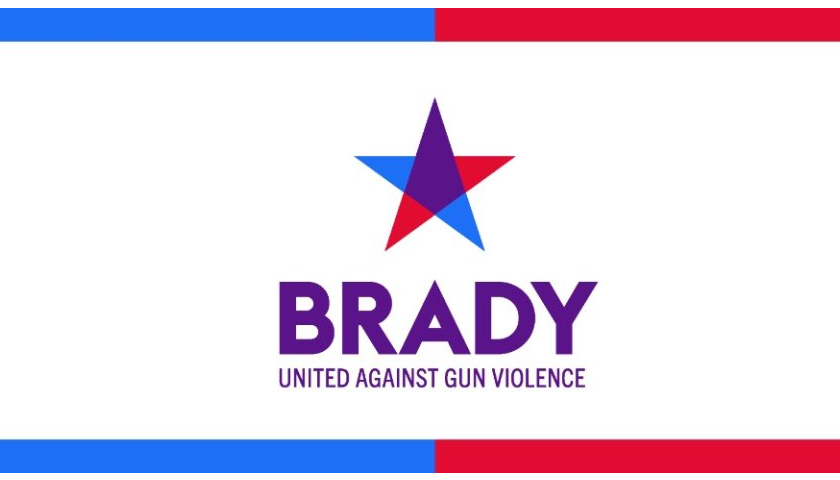Nonprofits Opportunity@Work and the Ad Council have announced a new collaborative effort that will inspire employers to remove hiring barriers that block the majority of workers in the U.S. from earning higher wages commensurate with their skills.
The multiyear effort will focus on creating upward mobility for the more than 70 million workers in the U.S. who are Skilled Through Alternative Routes (STARs), such as community college, workforce training, bootcamps, certificate programs, military service, or on-the-job learning, rather than through a bachelor’s degree. Leveraging Opportunity@Work’s labor market insights and support from a growing coalition of more than 20 corporate and nonprofit partners to date, the effort will include a national public service advertising campaign, developed by the Ad Council and creative agency Ogilvy, launching this fall.
In an effort to change the narrative around the value of STARs’ skills and potential in the workplace, the upcoming integrated campaign will span mass media, social media, targeted digital advertising, earned media, and other communications channels to raise awareness of the skills and potential of STARs.
The false assumption that no degree means no skills has had a severe, negative impact on STARs, who make up half of the U.S. workforce today. Research has found that STARs face a “paper ceiling” – the invisible barrier that comes at every turn for workers without a bachelor’s degree – which includes the lack of alumni networks, biased algorithms, degree screens, stereotypes, and misperceptions. Together, these create barriers to upward economic mobility for STARs, even though they have demonstrated skills for higher-wage work.
According to Opportunity@Work’s research, the wage gap between STARs and workers with bachelor’s degrees has doubled over the last 40 years. STARs now earn less – when adjusted for inflation – than they did in 1976, and it takes more than 30 years on the job for STARs to earn the same wage that college graduates earn on day one of their career. Opportunity@Work has also found striking race and gender disparities when STARs are able to transition to better-paid jobs matching their skills. For example, Black or Hispanic STARs are half as likely as white STARs to make a transition to a high-wage job; likewise, STARs who are women are almost half as likely as those who are men to make a transition to a high-wage job.
“While companies scramble to find talent amid perceived ‘skills gaps’ and ‘labor shortages,’ many of their job postings have needlessly excluded half of the workers in the country who don’t have a bachelor’s degree, but have the skills for higher-wage work,” said Opportunity@Work CEO Byron Auguste. “Companies like the ones we’re proud to call partners in this effort – and those we hope to join by this fall – can lead the way by tapping into skilled talent from a far wider range of backgrounds to do the work and solve the problems of our post-pandemic economy. The upcoming campaign will redefine what it means to be a skilled worker, and create a unifying narrative highlighting the valued talent and skills of 70+ million STARs that we can all get behind.”
National organizations ranging from employers to philanthropies and workforce development organizations have already joined the growing coalition in support of STARs. This initial group of more than 20 partners will support this collective effort, and includes the following:
- Chevron
- Cognizant Foundation
- Comcast NBCUniversal
- Emsi Burning Glass
- Gap Foundation
- Grads of Life
- Generation USA
- IBM
- IDEO
- James Irvine Foundation
- JFF
- Merit America
- National Fund for Workforce Solutions
- NPower
- Per Scholas
- SkillUp
- Strada Education Network
- Walmart
- Workday
- WorkingNation
- Year Up
“Millions of talented workers in America are currently held back from the opportunities they deserve, but when we change the narrative around what it means to be a qualified candidate, we can open doors so their skills can shine,” said Ad Council President and CEO Lisa Sherman. “We’re proud to partner with Opportunity@Work and Ogilvy for this upcoming campaign to showcase the value that all workers have – no matter how and where they gained their skills – and create more equitable job opportunities for all.”
Biases against STARs – which include erroneously identifying them as low-skill – have for years had a negative impact on diversity in the workforce, as 61% of Black workers, 55% of Hispanic workers, and 66% of rural workers of all races are STARs. And as employers in today’s labor market seek to diversify, “no [Diversity, Equity, Inclusion, and Belonging] effort will be successful without attention to STARs,” according to research by Opportunity@Work.
“Creativity has the power to help solve some of society’s most complex problems,” said Devika Bulchandani, Global President of Ogilvy. “Millions of workers have honed their skills by traveling alternative paths and it is a tragedy that degree discrimination has created a paper ceiling that blocks many from being able to reach their full potential. Ogilvy is proud to leverage our creative expertise to help this coalition create the change needed so that STARs can finally translate their learning into earning.”
Over the last two years, Opportunity@Work has collaborated with economists and labor market experts nationwide to identify the challenges facing workers who are aged 25 or older, active in the labor force, and have a high school diploma or equivalent but no bachelor’s degree. That work includes three landmark reports – Reach for the STARs, Navigating with the STARs, and Rise with the STARs – as well as research published in the National Bureau of Economic Research with former Bureau of Labor Statistics Commissioner Dr. Erica Groshen and Harvard Graduate School of Education, Co-Director, Project on Workforce Dr. Peter Q. Blair – “Searching for STARs: Work Experience as a Job Market Signal for Workers without Bachelor’s Degrees” and “Skills, Degrees and Labor Market Inequality.” This work has been supported by new research from Harvard Business School’s Joseph B. Fuller and Emsi Burning Glass’ Matt Sigelman (building on prior work by Accenture and Grads of Life) which found that degree requirements on job postings have actually dropped from 51% in 2017 to 44% last year – but find more must still be done.
Ahead of the September launch of the national STARs campaign, Opportunity@Work plans to add more interested partners to the coalition, and encourages those interested in becoming part of the movement to visit ThePaperCeiling.org to get involved.


